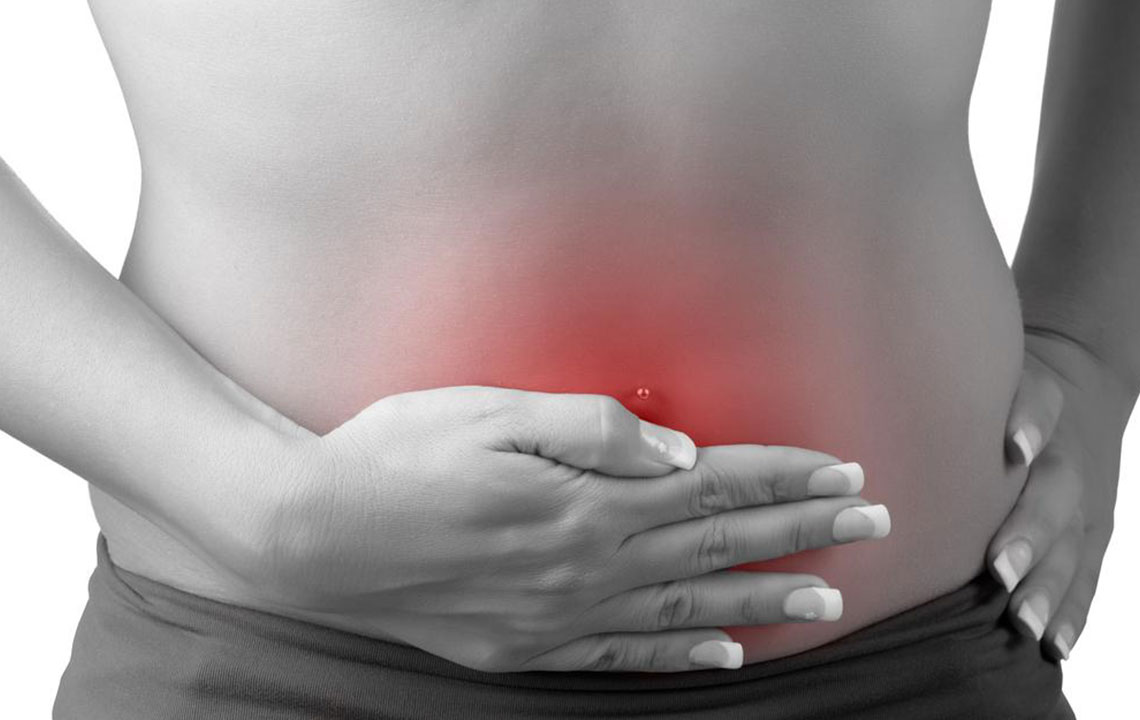Proven Strategies for Treating Urinary Tract Infections Effectively
Discover effective strategies for treating urinary tract infections, including diagnosis, medication, lifestyle changes, and prevention tips. Learn how to manage symptoms and prevent future infections through proper hygiene, hydration, and dietary habits. Always consult healthcare professionals for personalized treatment plans to ensure proper care and rapid recovery.

Understanding Urinary Tract Infections and How to Manage Them
Urinary tract infections (UTIs), also called cystitis, are prevalent health issues, especially among women. Around 50% of women worldwide will experience a UTI during their lives.
UTIs develop when bacteria from the gastrointestinal or pelvic area invade the urinary system, causing bladder inflammation. While bacterial infection is the main cause, other factors like fungal infections, chemical irritants, foreign objects such as kidney stones, and trauma can also contribute.
Common Symptoms of UTIs
Symptoms often include lower abdominal pain, a burning sensation during urination, urgent and frequent urination, and sometimes blood in the urine or cloudiness. In infants, UTIs may cause fever, fussiness, or poor feeding. Elderly individuals might experience fatigue, incontinence, or mental changes.
Diagnosing a UTI
Accurate diagnosis is essential. Tests include urine analysis, which checks for pus and white blood cells; dipstick tests that detect leukocyte esterase and nitrites; and urine cultures, which identify bacterial presence. A positive culture typically shows over 100,000 colony-forming units per milliliter, but clinical judgment is important for interpreting results.
Treatment Approaches
Antibiotics: Your doctor may prescribe antibiotics based on symptoms or test results. Prompt treatment usually resolves symptoms within days. If symptoms are severe or recurrent, medical consultation is crucial.
Pain Management: Analgesics can help alleviate discomfort associated with UTIs.
Hydration: Drinking plenty of water flushes bacteria from the urinary tract, preventing infection progression.
Vitamin C: Consuming vitamin C increases urine acidity, which can inhibit bacterial growth.
Avoid Bladder Irritants: Reduce intake of caffeine, alcohol, spicy foods, and artificial sweeteners, which can worsen irritation.
Preventive Tips: Frequent urination, especially after sex, and proper hygiene—wiping from front to back—are effective in preventing UTIs. Don’t hold urine in and maintain good genital hygiene to reduce infection risk.
Always consult healthcare providers before starting any treatment plan to ensure proper care and intervention.
Note:
The information shared here is educational and should not replace professional medical advice. For diagnosis and treatment, always seek guidance from healthcare professionals. The website’s content aims to inform but may not reflect the latest research or personalized care options.










